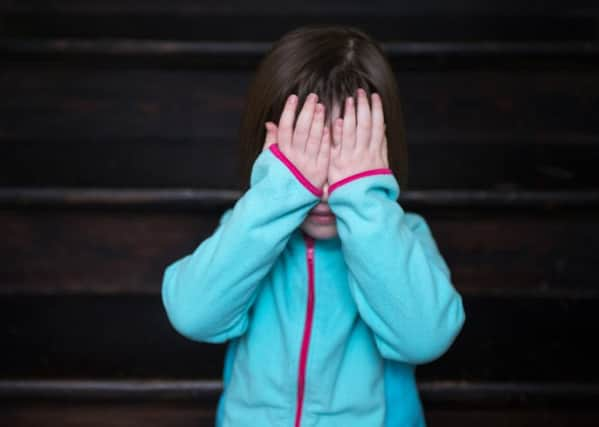Bouncing forward, not back, to a bright future


The theme of this year’s Children’s Mental Health Week (8-14 February) is building “resilience”. It is a word much bandied about these days in relation to children and what they need. One of the best definitions I have heard is “bouncebackability”. In terms of materials, resilience is the time something takes in “springing back … to its original form” after being “stressed” in some way.
These two definitions together beg a question for those of us working with vulnerable children and young people. What is this “original form” that the most distressed, traumatised and disturbed children can “spring back” to? In fact, shouldn’t we aiming to help them come back stronger, developing new knowledge and perhaps new coping skills through their experiences and “bouncing forward” rather than back?
Advertisement
Hide AdAdvertisement
Hide AdGood mental health is a coming together of a number of factors. Many of us have a clear sense of who we are, but what of those who don’t? What if your experience of life as a child was one of fear and anxiety? What if you lived in a household where there is little possibility of enjoyment or relaxation? What if all your efforts were tuned into anticipating the next parental crisis or outburst, and how to react to it? You would certainly have to learn how to survive – and you would toughen up. But after the crisis, the “original form” you returned to would hardly be that of a mentally healthy child with a strong sense of self.
This is not resilience in the sense that it is currently being used – empathy with others, a sense of humour, secure attachment to an adult care-giver, good communication skills, and an ability to express emotions are all indicators of resilience, as are an easy temperament and higher intelligence. Why? Because these qualities are learnt and developed within relaxed, loving relationships and households, where children can learn who they are and what they are capable of. However, these qualities can be easily damaged where there is poverty or parental substance misuse, chaotic parenting and neglect or abuse.
I remember the case of one little boy, who had a rocky start to school. His attendance was poor, and when he did attend, he would spend most of his time crying for his mum. It was suspected at this time that mum was using street drugs and was living with a known drug dealer. His resilience – his ability to bounce back from the slightest difficulty – was almost non-existent.
However, the school did everything possible to get this boy to school and he began to attend one-to-one sessions with a Place2Be counsellor. His nana was enlisted to help and she would go around to the house, where mum was often still in bed. She would get him dressed and bring him along to school. However, things at home did not improve for this little boy. The suspicion around mum’s drug misuse was confirmed. The house was raided for drugs and he was accommodated with nana who became his kinship carer.
Up until this point, many of the opportunities for developing resilience were against this little boy. But the positive relationship with his nana, the caring attitude of the school, and onsite emotional and therapeutic support began to make the difference. His attendance at school improved and in class he was no longer seen as a problem child. People were impressed at how clearly he spoke about leaving his mum and being placed with his nana. He had bounced back, understanding that he was loved and cared for. But more than that, he has continued to bounce forward, making a success of his school and social life.
This story gives us hope that even when the odds are stacked against them, with the right support, children can show incredible resilience in the most challenging of circumstances. As parents, carers, teachers, relatives or even friends, we can all play a role in supporting them, helping them bounce forward to a brighter future.
For advice on building children’s resilience, or to find out more about Children’s Mental Health Week, visit www.ChildrensMental HealthWeek.org.uk
• Jonathan Wood is national manager for Scotland, Place2Be
SEE ALSO